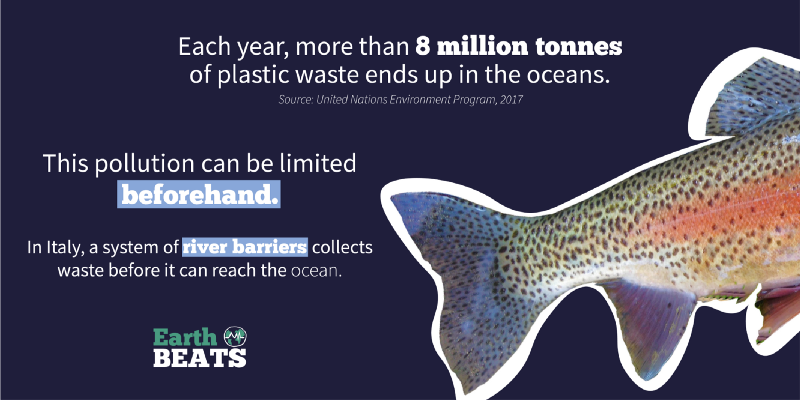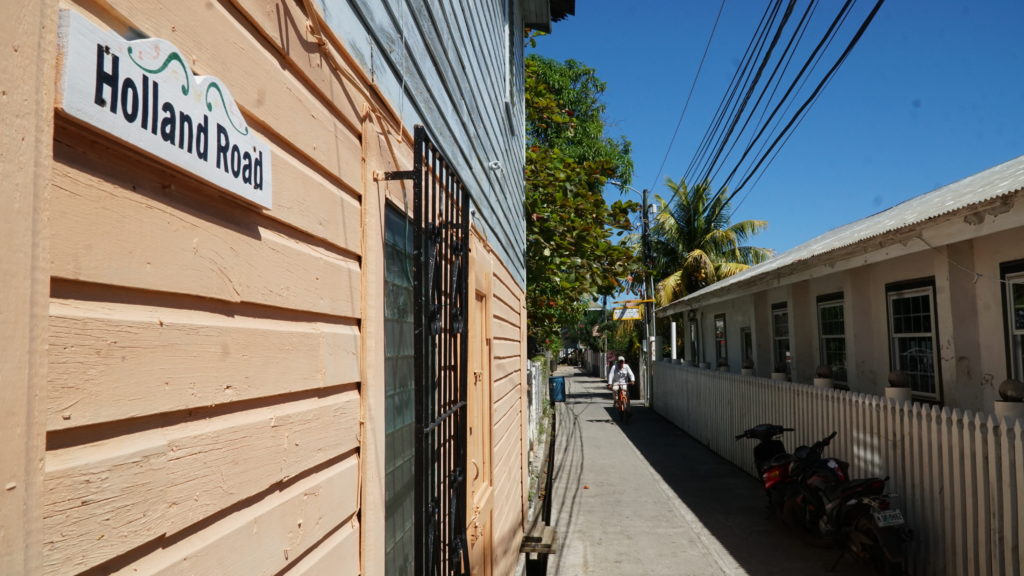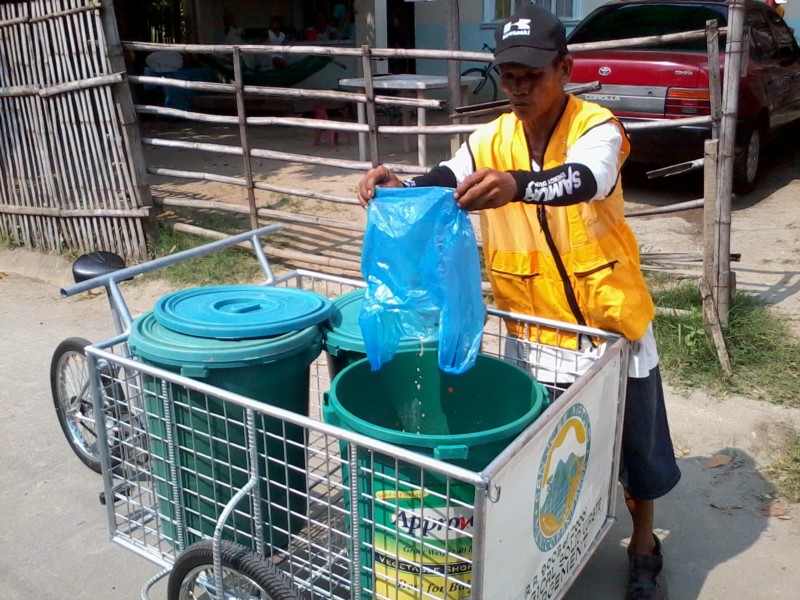3 cities that are taking actions to ban plastic waste
From the moment it is picked to the moment it is discarded, the average plastic bag has a lifespan of 12 minutes, yet it will take hundreds of years for it to completely disappear from Earth. Plastic bags impact dramatically the environment and its ecosystems. Discover three cities that are taking actions to ban plastic #EarthBeats.

Utila’s roads are paved with plastics that would have ended in the ocean
Famous for its sandy beaches, the Caribbean island of Utila is an important touristic destination in South America. Yet, plastic waste generated by the touristic sector has accumulated recently, endangering the marine life and damaging the shoreline. Utila’s mayor, Troy Bodden, was inspired by an Indian project that turned plastic waste into asphalt. At the end of 2017, the first road made partly from plastics was built, and a second one is currently on its way. Over 5 tonnes of waste was collected for these roads and all citizens, from households to hostels participated in this action. Read more about this project in El Heraldo or La Nacion (in Spanish), The Hindu, The Philippine Star and Haaretz (in English) or La Tribune de Genève, L’Orient Le Jour and L’Economiste (in French).

In South East Asia, discover San Fernando’s inclusive waste management system
San Fernando is a municipality in the Philippines that used to suffer from garbage pilling up the street due to citizens’ lack of education concerning waste management. It is important to note that in low-income countries, waste is often disposed in irregular dumps or incinerated, leading to air pollution or health hazards. In 2012, the city of San Fernando implemented a zero-waste strategy. The city invested in local materials recovery facilities (MRF) to facilitate recycling and composting efforts. Individuals have also set up collective initiatives to clean the litter from the streets. The city’s strict regulations concerning waste management is now fully integrated by everyone, making San Fernando an example of how a waste-management system can clean the city and empower its citizens. Read more in Haaretz, The Hindu, The Philippine Star or CS Monitor (in English), La Nacion et El Heraldo (in Spanish) and L’Orient Le Jour or Le Figaro (in French).

In Switzerland the “operation Carouge zero-waste” is building an alternative narrative for cities to manage their waste
The city of Carouge in Switzerland is facilitating a shift of the waste management structure. It plans to reduce by 30% the incinerated waste in 3 years. To do so, the city is working with the organisation Zero Waste which support 25 families in their transition to a more sustainable way of life. This coaching will last 6 months, enough time for the families to adopt the right habits to diminish a very large part of the amount of waste they produce. Read more in The Hindu (in English) and El Heraldo (in Spanish).


While citizens mobilize for Earth Day, 18 media outlets investigate local initiatives against pollution and waste. The collaborative editorial operation Earth Beats gathers renowned newspapers: including Le Figaro, Corriere, Haaretz, L’Economiste, La Nacion, Yicai Global, Delo, L’Orient Le Jour, The Philippine Star and The Hindu and others. The operation is coordinated by Sparknews with the support of ADEME, the UNESCO MAB Programme, Le Jour de La Terre, Impact Hub and CDC Biodiversité.
You, readers, citizens, leaders, investors, consumers, can broadcast these solutions, so that tomorrow’s world remains sustainable.





